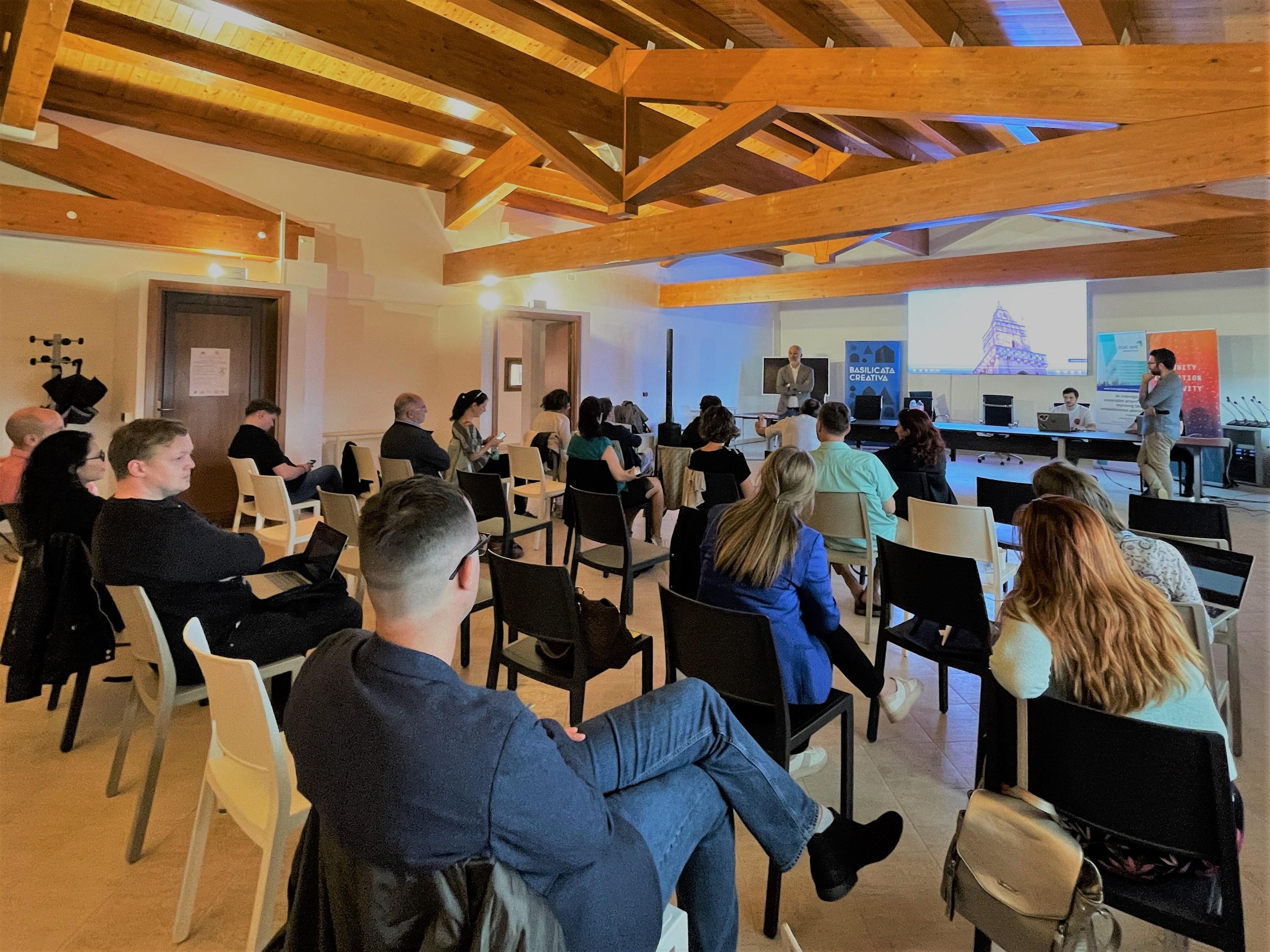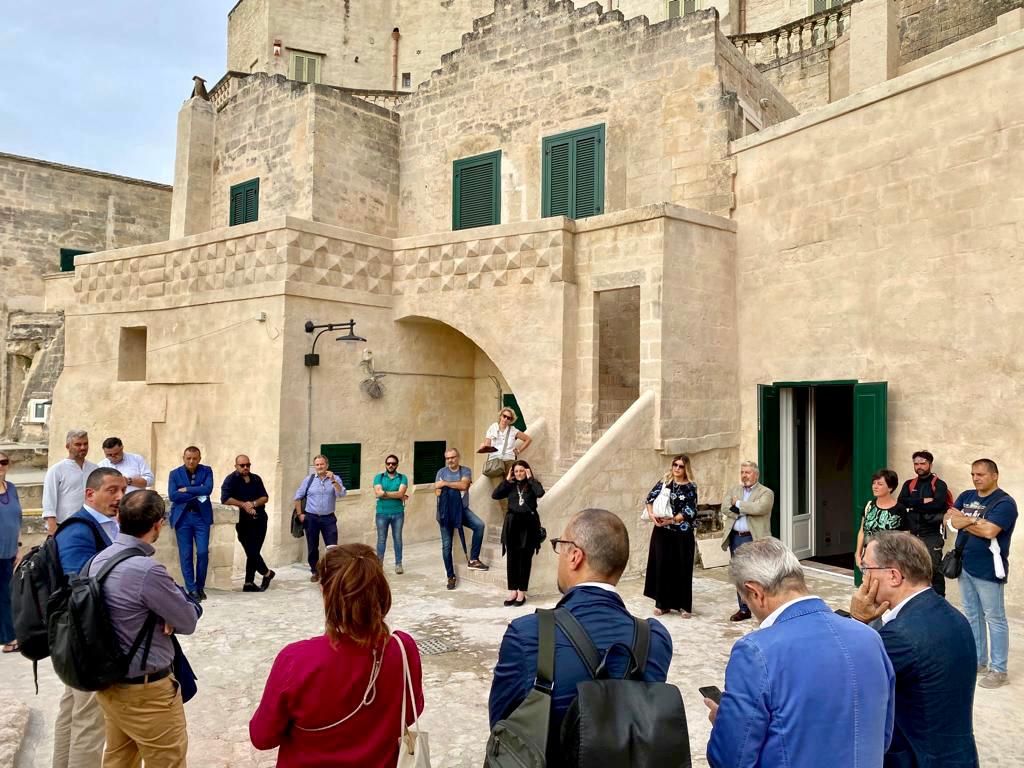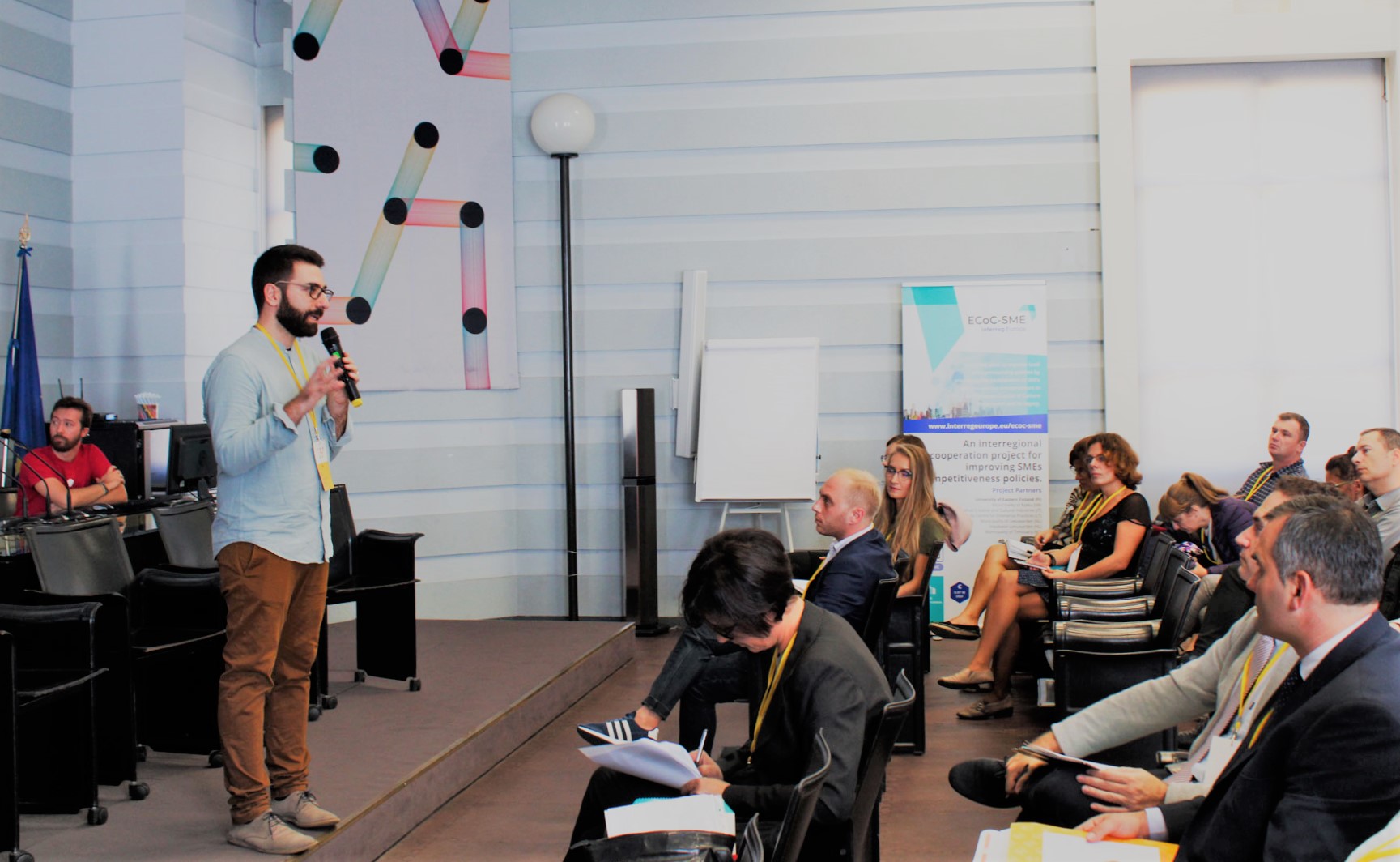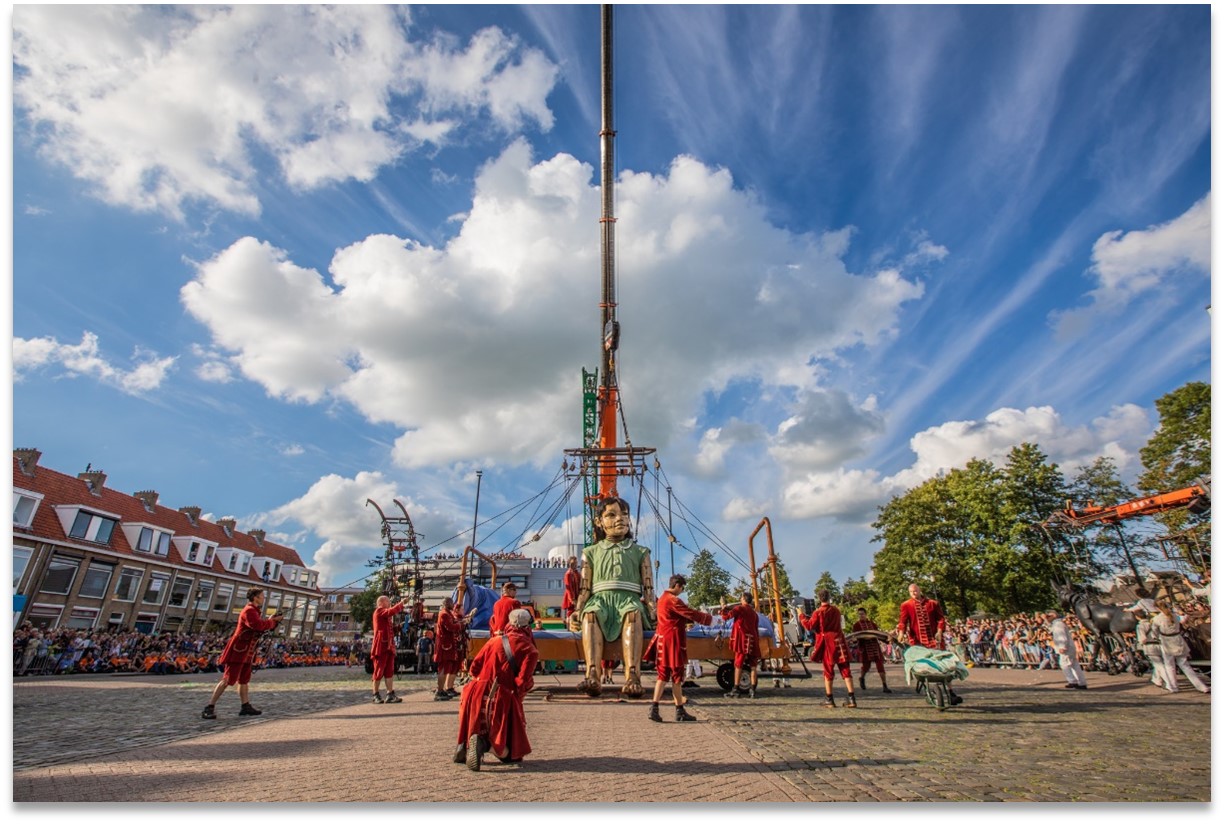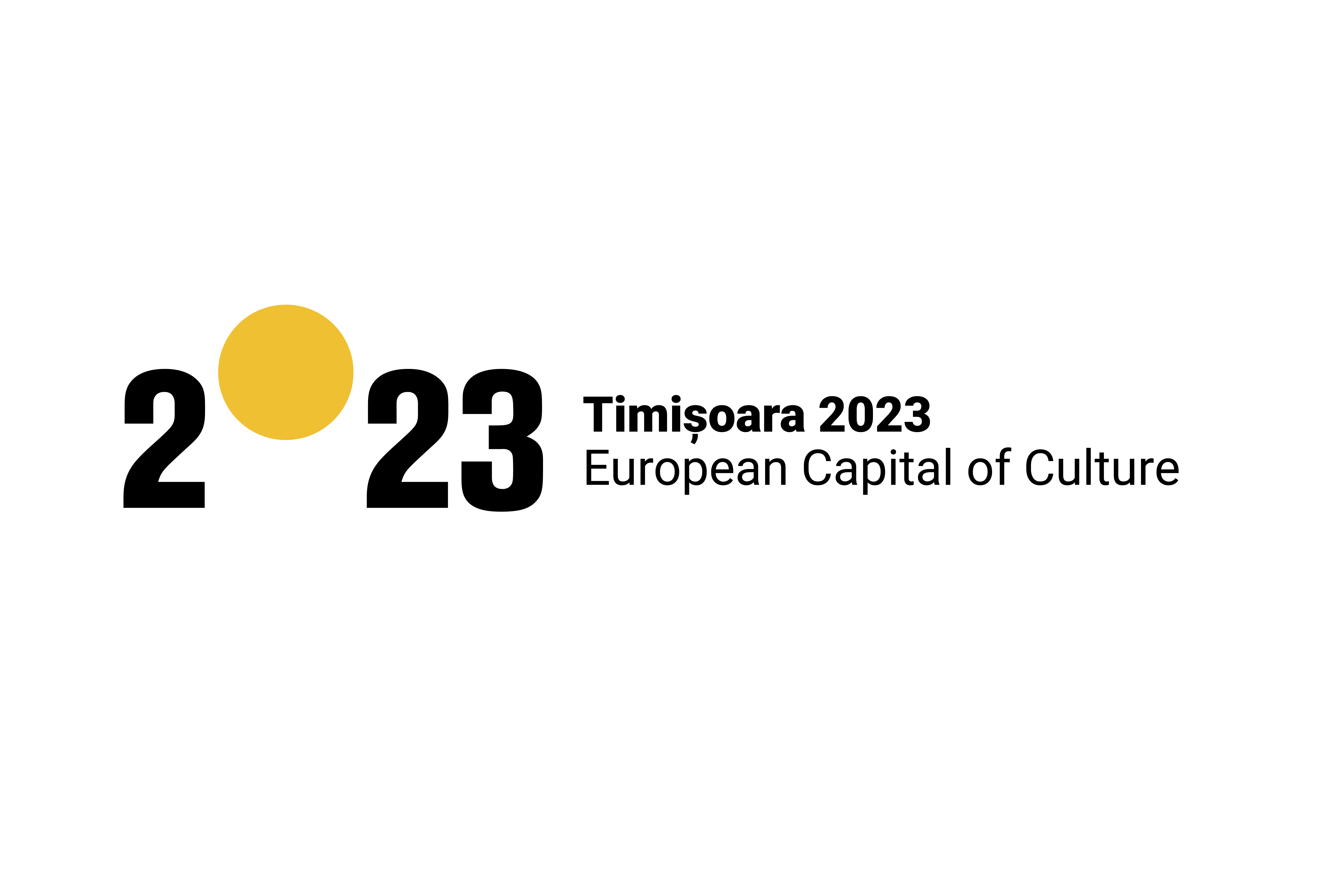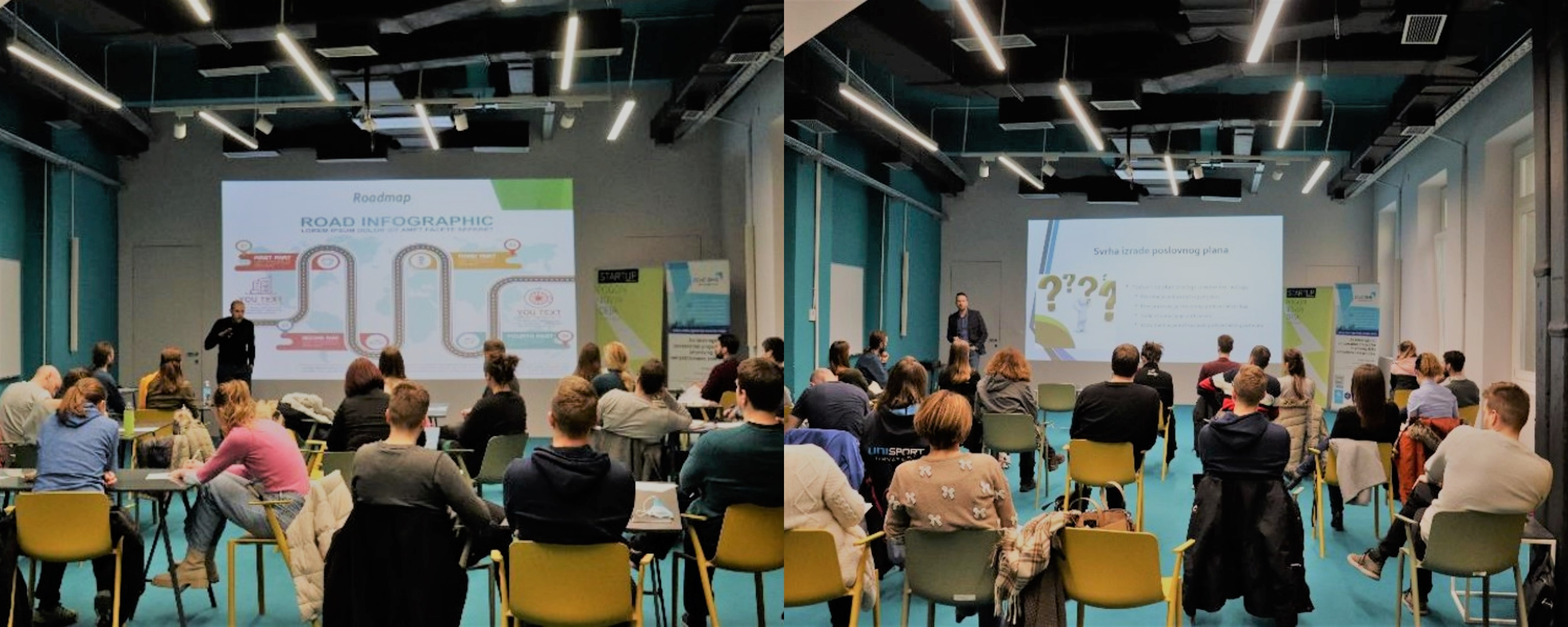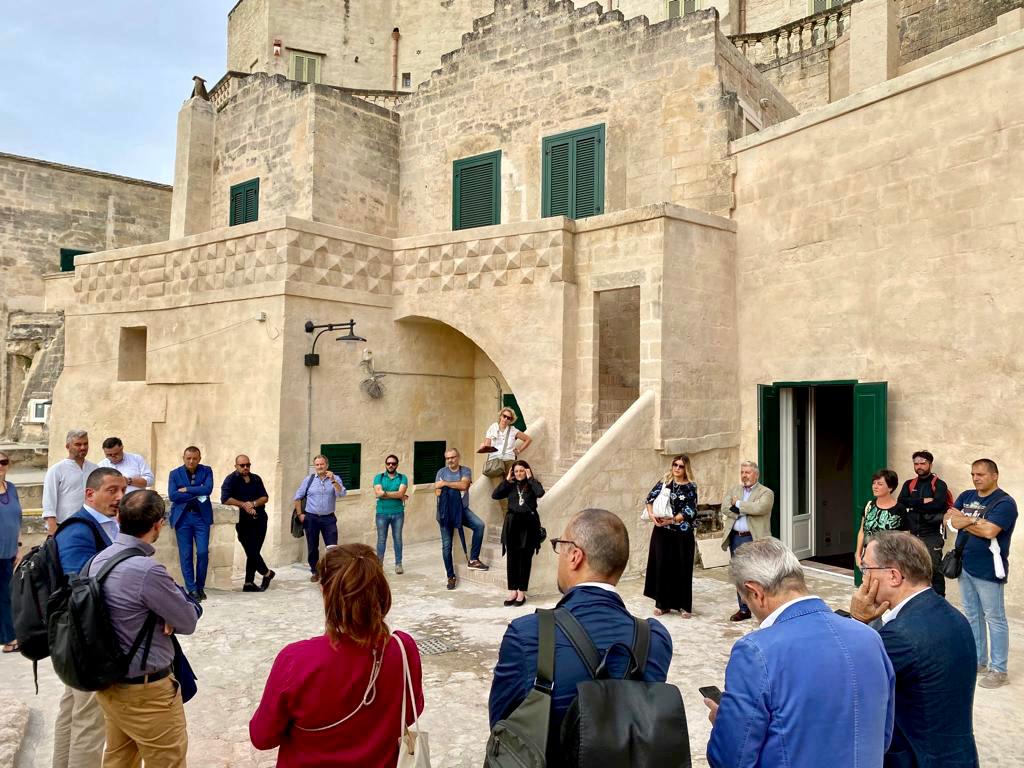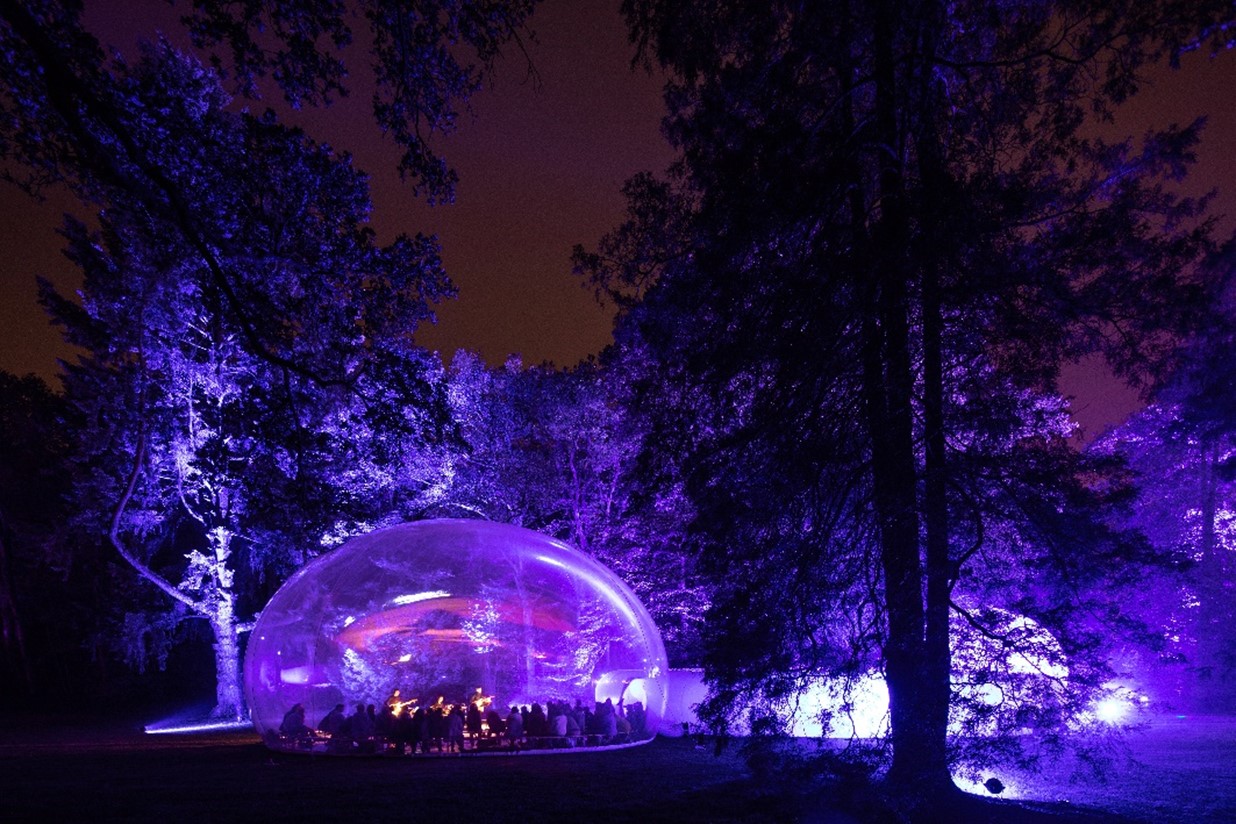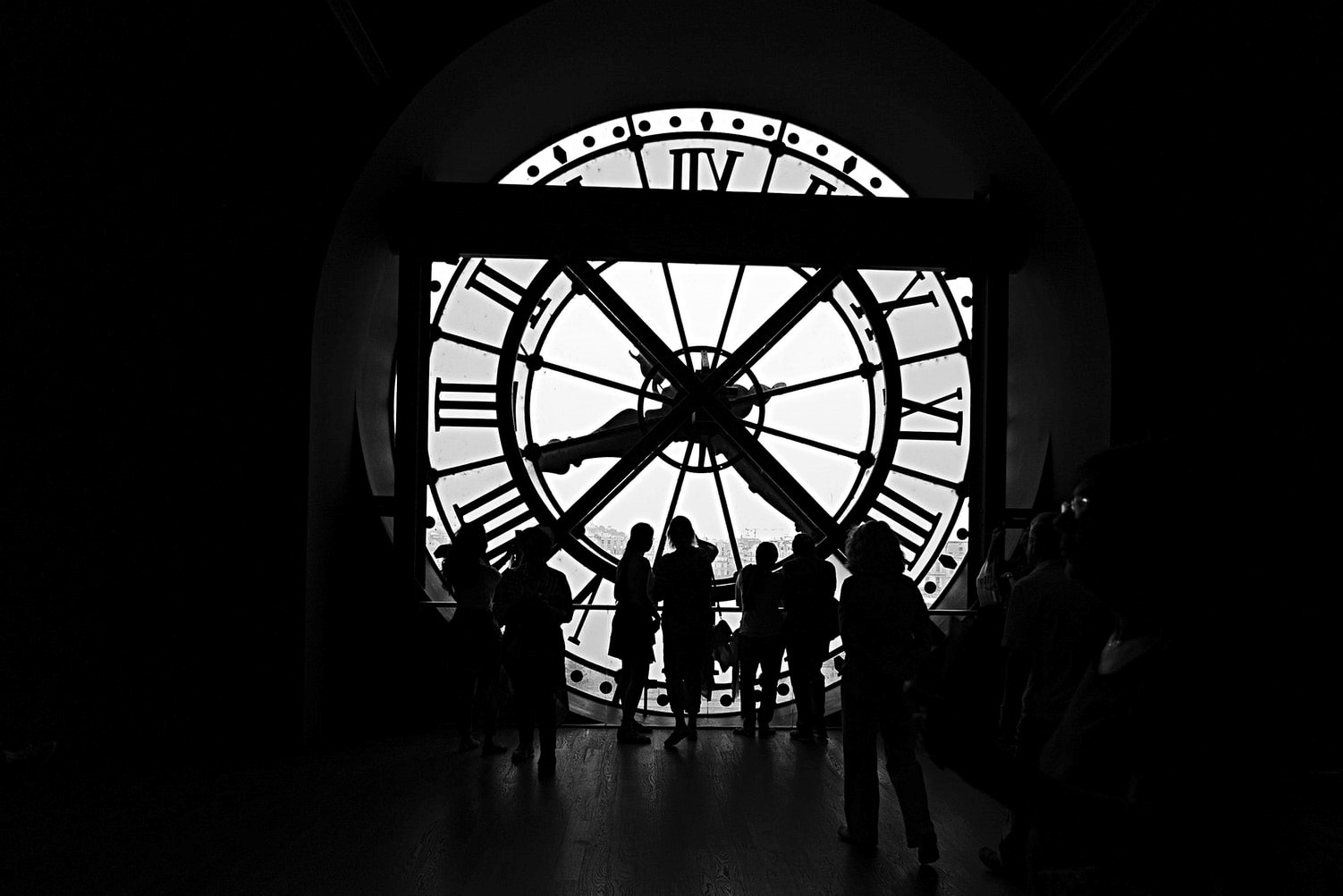During this difficult times, we all turn to culture: reading books, listening to music, expressing our emotions through art – culture helps us to survive during this period. However, the creative and culture industry (CCI) is one of the most heavily hit by the COVID-19 crisis: over 7.3 million culture and creative jobs are expected to be affected globally.
EUROCITIES webinar “City dialogue on culture” shines a light on how the European Union and mega European cities are building their CCI resilience to COVID-19 impacts.
Key takeaways ‘Never waste a good crisis’ said Justine Simons, London’s Deputy Mayor for Culture and the Creative Industries. The cultural and creative sector is key for local economies. Many cities have developed emergency funds for culture. Cultural venues are closed? Cities are developing new cultural activities and services. The European Commission, to complement and support Member States’ actions, has taken a set of measures to tackle the consequences of the crisis on the cultural and creative sectors Source: Highlights from EUROCITIES city dialogue on culture - cities respond to the Covid crisis |

What does it mean for smaller cities who cannot mobilise resources to support their CCI?
 Reflecting on the discussion, our Romanian partner at the Municipality of Timisoara said for smaller cities such as Timisoara, the argument is not on how or how much relief fund to be assigned to the CCI, but rather what they can do with the limited resources at hand.
Reflecting on the discussion, our Romanian partner at the Municipality of Timisoara said for smaller cities such as Timisoara, the argument is not on how or how much relief fund to be assigned to the CCI, but rather what they can do with the limited resources at hand.
Romania's economy is impacted hardly, and culture and education were not and are still not perceived as important when all the focus goes to strengthening the health system and for social security measures. There aren't any concrete alleviating measures for the CCI in Romania, yet, despite advocating efforts from different professional bodies (e.g: tourism, publishing industry, etc).
The 24-hour-city concept is promising, however not legally possible in Romania, as each cultural institution is financed by a different body. For Timisoara case, some are financed by the Municipality (German Theatre, Hungarian Theatre, the Philharmonic Orchestra), some by the County (Puppet Theatre, the County Library, Art Museum and the Banat Museum) and some by the Ministry of Culture (The Opera House, The National Theatre).
Digitalisation as an alternative?
This digital shift is already proving its importance locally. Timisoara 2021 European Capital of Culture projects are inspecting and creating a digitalised culture; and whereas this is good, at the same time we have to think about inclusion: not everybody has access to Wi-Fi and the devices need to be able to follow a cultural act, and not all the cultural expressions are suited for the digital world.
Furthermore, not everybody is prepared for this swift digital shift in terms of know-how, i.e. how to produce digital cultural content, financial, technical, and human resources, and a digital experience inadequate and different from the real-life norms.
Nevertheless, it is a fascinating topic for discussion, testing and implementation.
Read more: Timisoara 2021: uncertain times call for more cooperation


